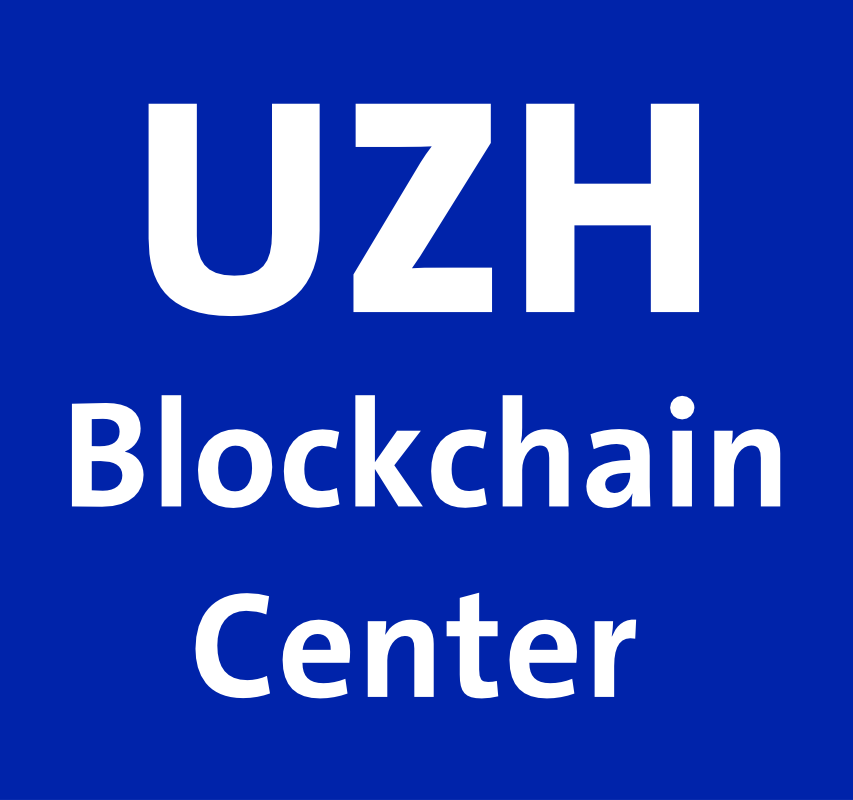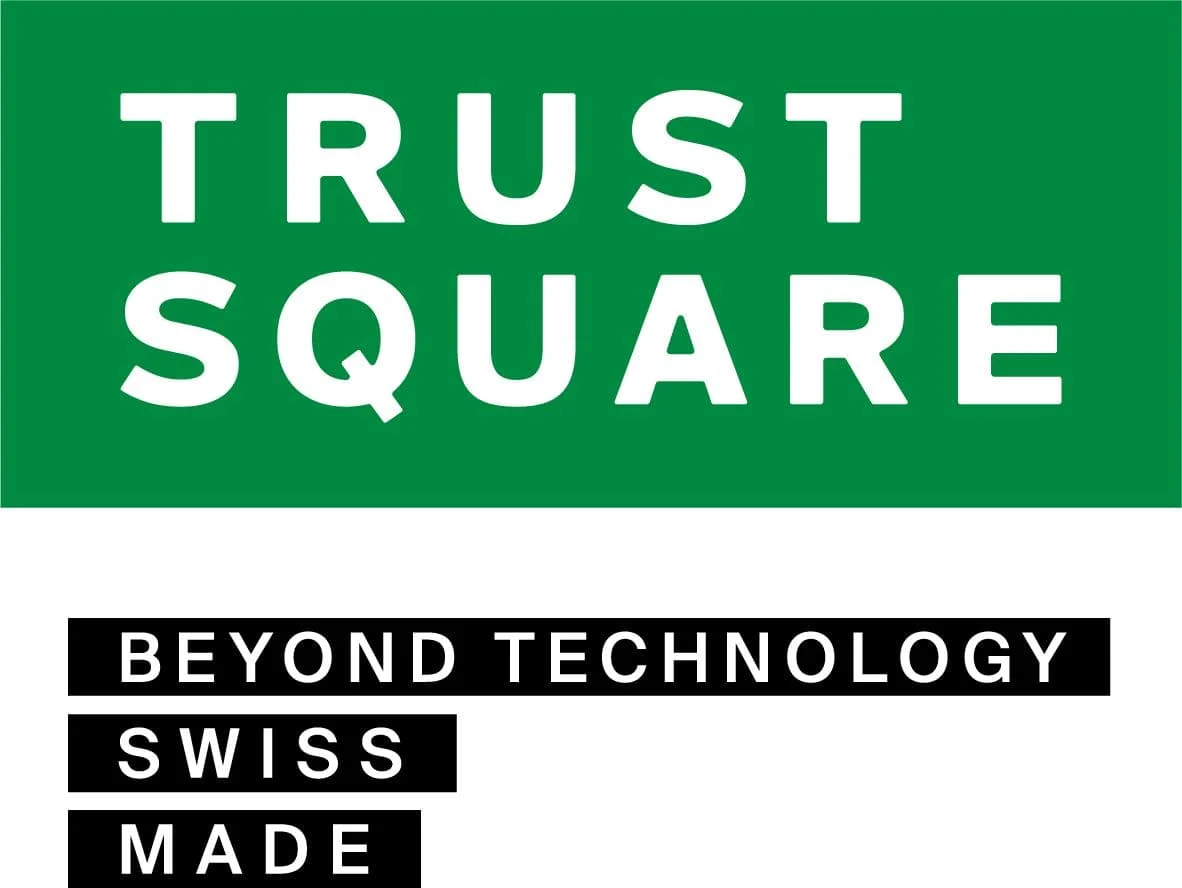Lecture Series Autumn 22
Abstract
Demand for blockchains such as Bitcoin and Ethereum is far larger than supply, necessitating a mechanism that selects a subset of transactions to include “on-chain” from the pool of all pending transactions. In this talk we will investigate the problem of designing a blockchain transaction fee mechanism through the lens of mechanism design. We introduce two new forms of incentive-compatibility that capture some of the idiosyncrasies of the blockchain setting, one (MMIC) that protects against deviations by profit-maximizing miners and one (OCA-proofness) that protects against off-chain collusion between miners and users.
His study is immediately applicable to a recent (August 5, 2021) and major change to Ethereum’s transaction fee mechanism, based on a proposal called “EIP-1559.” Historically, Ethereum’s transaction fee mechanism was a first-price (pay-as-bid) auction. EIP-1559 suggested making several tightly coupled changes, including the introduction of variable-size blocks, a history-dependent reserve price, and the burning of a significant portion of the transaction fees. We prove that this new mechanism earns an impressive report card: it satisfies the MMIC and OCA-proofness conditions, and is also dominant-strategy incentive compatible (DSIC) except when there is a sudden demand spike. We also introduce an alternative design, the “tipless mechanism,” which offers an incomparable slate of incentive-compatibility guarantees—it is MMIC and DSIC, and OCA-proof unless in the midst of a demand spike.
Speaker

Tim Roughgarden
Tim Roughgarden is a Professor of Computer Science at Columbia University. Prior to joining Columbia, he spent 15 years on the computer science faculty at Stanford, following a PhD at Cornell and a postdoc at UC Berkeley. His research interests include the many connections between computer science and economics, as well as the design, analysis, applications, and limitations of algorithms.
For his research, he has been awarded the ACM Grace Murray Hopper Award, the Presidential Early Career Award for Scientists and Engineers (PECASE), the Kalai Prize in Computer Science and Game Theory, the Social Choice and Welfare Prize, the Mathematical Programming Society’s Tucker Prize, and the EATCS-SIGACT Gödel Prize.
He was an invited speaker at the 2006 International Congress of Mathematicians, the Shapley Lecturer at the 2008 World Congress of the Game Theory Society, and a Guggenheim Fellow in 2017. He has written or edited ten books and monographs, including:
- Twenty Lectures on Algorithmic Game Theory (2016)
- Beyond the Worst-Case Analysis of Algorithms (2020)
- Algorithms Illuminated book series (2017-2020)
Sponsors



